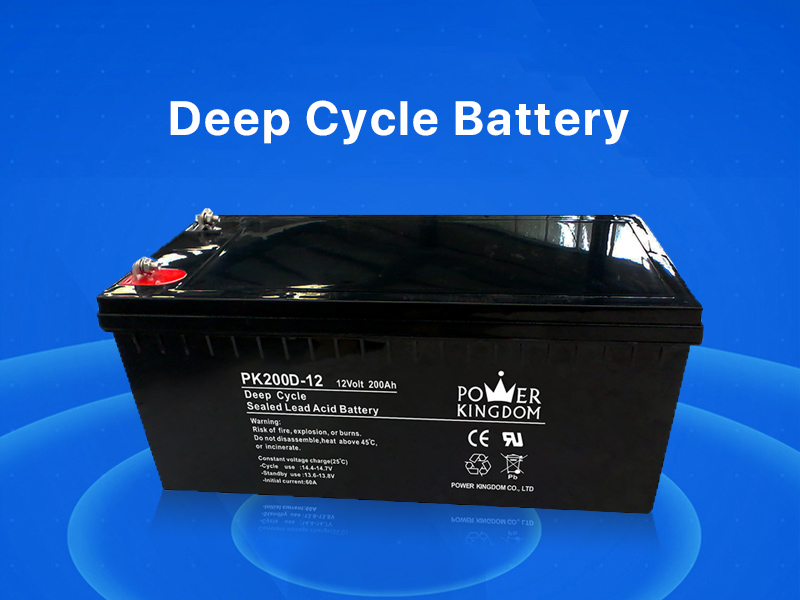
You can easily conduct a voltage test on a deep-cycle battery you suspect is faulty using any voltage meter (voltmeter) that tests for DC. A fully charged, 12-volt deep cycle battery typically has a voltage range between 12.8V and 13V, while a defective battery's voltage is below 10 volts. If your battery has been on the charger for a considerable time and isn't reaching the expected voltage, it is likely approaching the end of its life.
To properly maintain your deep cycle battery and ensure a long life expectancy, it's crucial to regularly monitor its voltage levels. If you notice the battery's voltage has dropped too low, it means it needs to be recharged or replaced.
Also, if you find your deep cycle battery charging abnormally fast or slow, in that case, it could indicate an issue with your system or charger, which must be addressed promptly to avoid any further damage to the battery.
There is also a phenomenon called "false voltage," where you test the voltage at the battery terminals, and everything seems fine. The moment you put any load on the battery, it fails.
This is generally caused by defective cells within the battery. When the battery is cool, the contacts touch, enabling proper conductivity. However, under load, these points heat up and separate, breaking the bond necessary to transfer power.
We are here to help you! If you close the chatbox, you will automatically receive a response from us via email. Please be sure to leave your contact details so that we can better assist